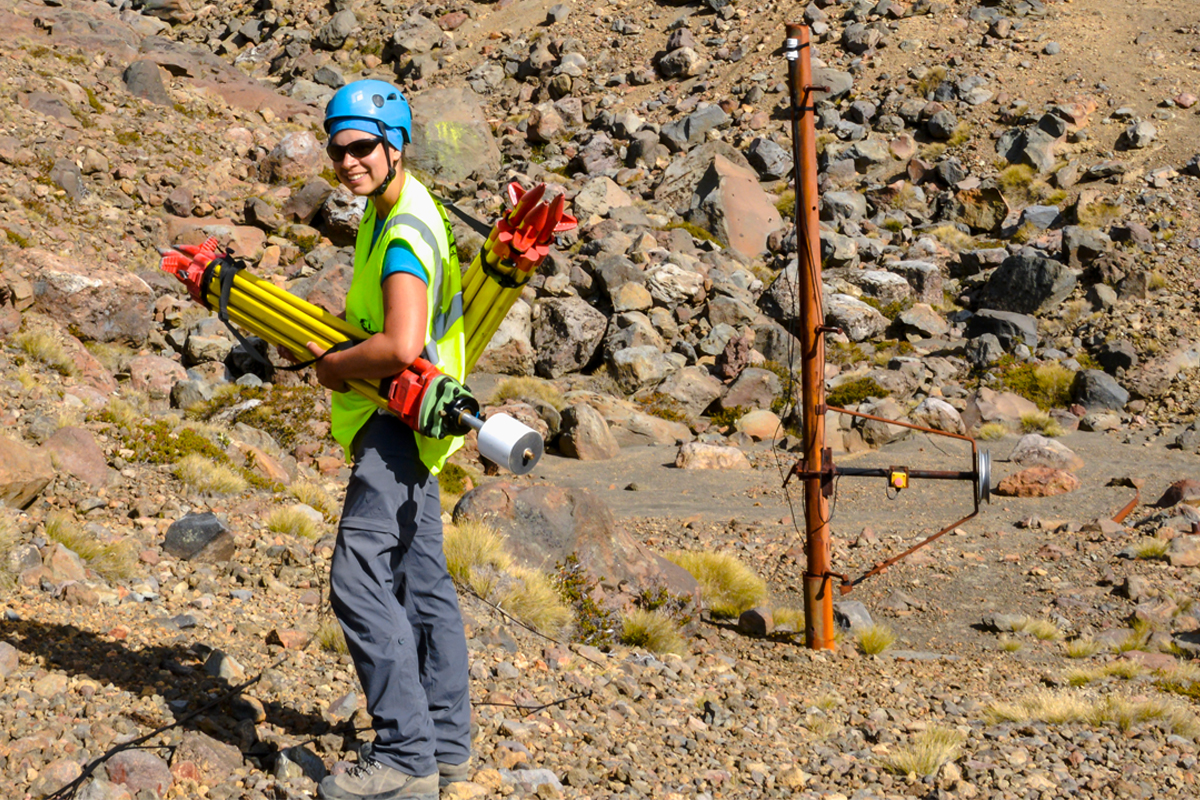All Categories
Featured
Table of Contents
Airborne Geophysical Surveys in Riverton Australia 2020
This work is progressively contracted out, so consultancies provide another source of employment. Consultancy companies differ in size, from really small companies to large multinationals. Some consultancies are quite specialised in utilizing particular geophysical methods or operating in particular areas, while others offer a more diverse variety of services to their customers.
The extraction of gas from land fill websites is another location of employment and this may grow in the future. Expedition companies might carry out work for building and construction companies, public utility, mining companies and ecological firms, so geophysicists might be employed in any of these settings. Other companies consist of: geological surveysgovernment bodies and agenciesuniversities and research study institutes.


Vacancies might be noted in the oil and gas sector press. Recruitment is affected by oil price fluctuations and the level of competitors for positions varies depending upon this. Professions Days, which cover the full series of geoscience careers and are usually gone to by a variety of crucial market companies, are run by The Geological Society.
Geology And Geophysics - Careers And Employment in Mosman Park Aus 2021
Some of the big oil and gas companies provide a complete two-year structured training program across the breadth of geophysics, consisting of the opportunity to experience operate in different teams before specialising in one area. Your training may include deal with: existing wellsmagnetic and gravitational prospective field data analysisresearchrock analysis. It's more typical for your preliminary training to be offered on the job.

There might be a probationary period during which you work together with a knowledgeable coworker. Competency-based appraisals occur regularly in many companies. In smaller firms, and for academic posts, there is unlikely to be any official training - you'll be expected to begin work straightaway and get skills as you go along.
If you work for a smaller business, you might find that you need to take responsibility for setting up and moneying your own advancement and training. If you have a geology degree, subscription of The Geological Society can be helpful for networking and for keeping up to date with the market.
An Assessment Of Geophysical Survey Techniques For ... in Lynwood WA 2023
You might likewise find it helpful to join the PESGB (The Petroleum Exploration Society of Great Britain, which has a geophysics unique interest group. After a probationary period, and once you have actually acquired some experience, you might progress to senior geophysicist, then team leader and then into a senior function in management.
The ease of motion in between functions depends on the company structure. Research study at Masters or Ph, D level in a subject related to geophysics or geosciences might aid with your profession development and progression. The employment market within the oil and gas industry is really depending on cost and this may affect your opportunities for profession progression.
However, not all jobs depend on the oil and gas markets. For knowledgeable geophysicists, freelance consultancy provides an excellent path for career advancement. You can likewise specialise in a specific area of geophysics. As a geophysicist, you're most likely to have a number of jobs throughout your working life. Worldwide movement is essential for dealing with peaks and troughs in various nations at different times.
What Geophysicists Do in Lathlain Oz 2023
From geophysics, it's possible to concentrate on seismology (finishing further training to become a seismic interpreter) or to move into related locations such as engineering geology or risk prediction.
Choosing what to study in college is a hard option. Even if you know that your field of interest lies in science, what program of study is right for you?
The first action to accomplishing your goal of becoming a geophysicist is making a degree. Even for entry-level positions in the field of geoscience, you'll require a bachelor's degree (a geophysicist college degree) from an accredited college or university. Geophysicists must be able to: evaluate rocks, photographs, and other pieces of data conduct research both in the field and in laboratories create maps and charts of their findings write reports To achieve all this, trainees need a specialized education for geophysicist careers.
As stated above, you'll need a bachelor's degree in geoscience or a related discipline, such as a physical science or a natural science, to land an entry-level job. Students can likewise prepare by majoring in subjects like: Biology Chemistry Computer system science Engineering Mathematics Physics The above geophysicist majors offer a more generalized technique to a single scientific discipline, but the majority of programs require trainees to take one or more geology course.
Latest Posts
What Is Geophysics And What Do Geophysicists Do? in Sinagra Australia 2023
Geophysics in Beckenham Western Australia 2022
Geophysical Survey - An Overview in West Perth Oz 2020